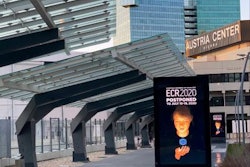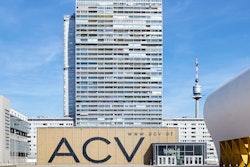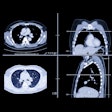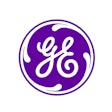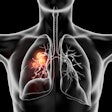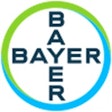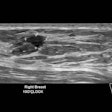
Management at the Austria Center Vienna, home of the European Congress of Radiology (ECR) since 1991, have undertaken a major COVID-19 exercise in the hope of making rapid testing a viable solution for large-scale meetings and events. The plan at this stage is still to host ECR 2021 onsite from 3 to 7 March.
The Austria Center Vienna conducted roughly 2,000 rapid tests on 16 and 17 September in conjunction with the Vienna University of Economics and Business, Arbeiter-Samariter-Bund, and Alpstar, according to a 28 September report in Travel Daily News International. The goal of the pilot project was to demonstrate that mass, rapid COVID-19 testing is practical and can improve event safety.
To conduct the pilot, the center recruited students, employees, and journalists to get tested for COVID-19 on two consecutive days. The center organized the tests using a scalable test lane system, in which participants waited in line before getting a throat swab from a medical expert.
Conducting the test took an average of six to ten minutes from the initial swab to receiving the test result, and this was significantly less than the 15 minutes originally planned in, the report noted. Out of the 2,000 tests conducted, five people tested positive on the first day of the pilot. The participants were immediately isolated and tested positive for COVID-19 with an additional polymerase chain reaction (PCR) test. They were sent home to quarantine and presumably did not return for the second day of the pilot.
Notably, one person who tested negative on the first day of the project subsequently tested positive for COVID-19 on the second day. The Austria Center Vienna said the incident suggests the importance of conducting daily tests for multiday events, and while the pilot hoped to demonstrate the feasibility of testing for safe events, a negative result does not mean events will be infection-free.
"The pilot project delivered valuable insights into the amount of time testing takes ahead of an event, as well as the number of staff needed: as a basic rule of thumb, the number of test lanes needed and time slots for participants is calculated on the basis of the 30 seconds it takes to complete each swab," the article continued.
"Each test lane requires one medical expert to take the throat swab and two to three assistants to prepare the solution and support the test subjects. In addition, a team of paramedics is on hand at the end of the test lane to manage any positive cases," it added.
The initiative was supported with overwhelming interest from event organisers, hotels, hospitals, businesses, and politicians, the report noted. The plan is now to publish the results.




